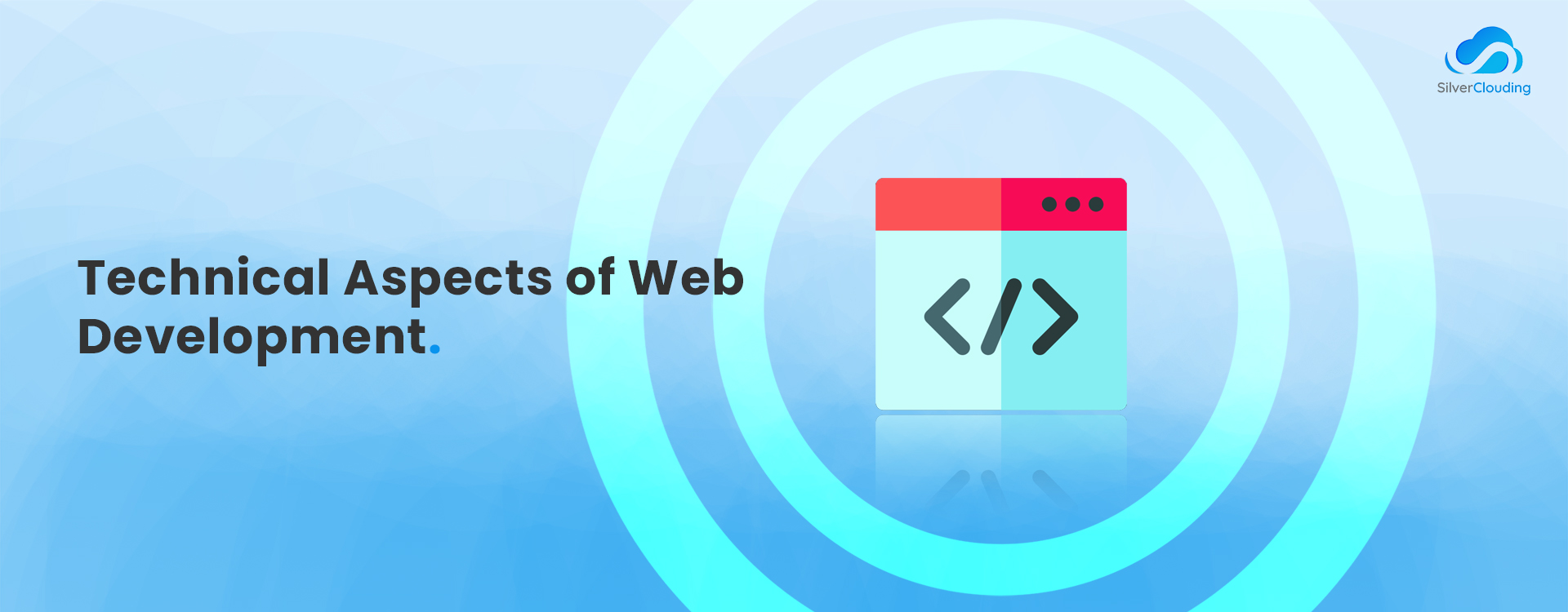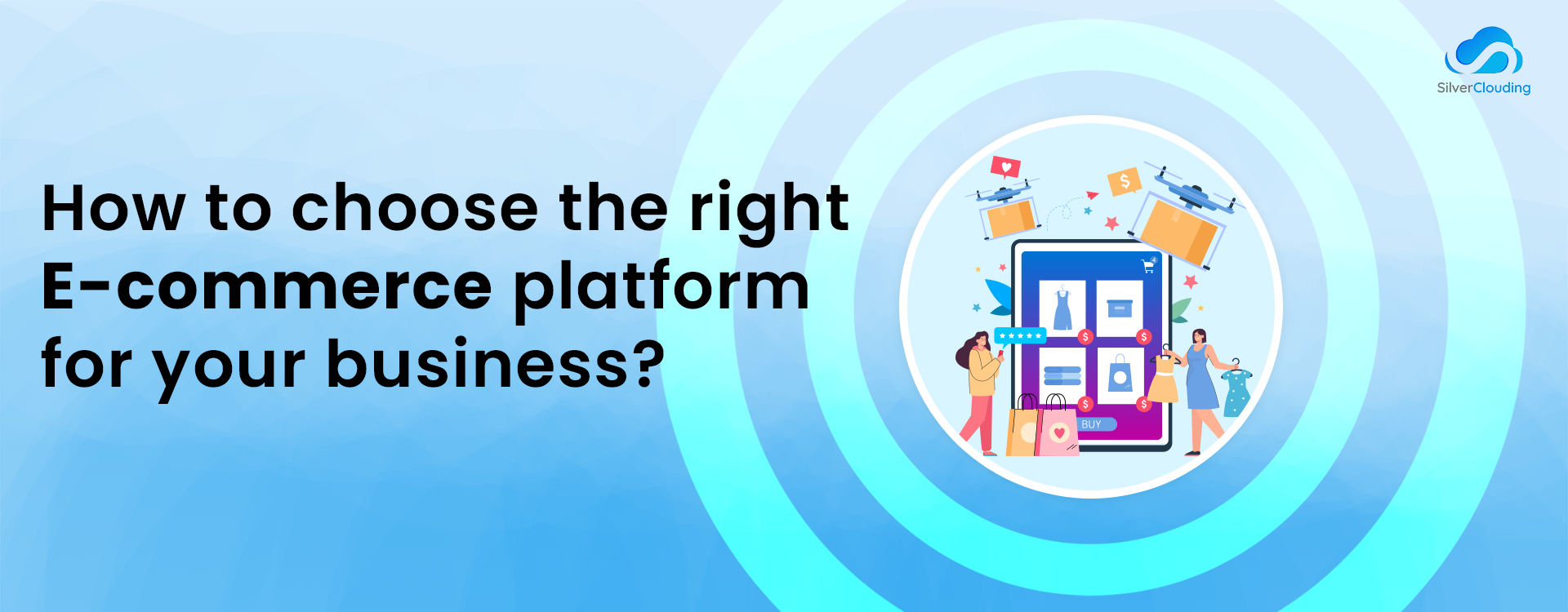The business-to-business (B2B) commerce landscape is experiencing a surge. Business buyers are increasingly demanding the same seamless, personalised online shopping experiences they enjoy as consumers. This shift presents a significant opportunity for B2B businesses to capitalize on by offering an exceptional e-commerce platform.
Traditionally, B2B transactions have relied on manual processes, complex order forms, and limited visibility into order history. This can lead to inefficiencies, frustration for buyers, and ultimately, lost sales. Shopify B2B aims to bridge this gap by providing B2B merchants with a robust set of features designed to streamline operations, enhance customer experience, and ultimately elevate your B2B e-commerce strategy.
The B2B E-commerce Growth Trajectory
The B2B e-commerce market is on a steady upward climb, projected to reach a staggering $20.9 trillion by 2 This trend is expected to continue for years to come, driven by factors like:
- Increased buyer preference for online channels: B2B buyers, influenced by their B2C experiences, expect a convenient and user-friendly online buying journey.
- Improved technology: B2B e-commerce platforms are becoming increasingly sophisticated, offering features that cater to the specific needs of B2B transactions.
- Efficiency and cost savings: Online platforms streamline ordering processes, reduce errors, and improve communication, leading to cost savings for both buyers and sellers.
Standing Out in a Competitive Market
With the B2B e-commerce space becoming more crowded, it’s crucial to differentiate your business. Here’s how Shopify B2B can help:
- Personalized storefronts: Cater to individual customer needs by creating unique buying experiences. This could involve displaying custom pricing, product catalogs, and order forms tailored to specific accounts.
- Seamless user experience: Provide a user-friendly interface that is intuitive and easy to navigate, ensuring a smooth buying journey for your customers.
- Streamlined workflows: Automate routine tasks like order processing, invoicing, and inventory management, freeing up valuable time and resources for your team.
Shopify B2B: A Feature-Rich Solution
Shopify B2B goes beyond just offering a basic online store. It equips businesses with a comprehensive suite of features specifically designed to address the complexities of B2B transactions:
- Customer-specific pricing and terms: Establish individual pricing structures, payment terms, and minimum order quantities for different customer segments.
- Multiple buyer accounts: Allow businesses to create and manage multiple buyer accounts within a single company profile, facilitating purchases by different departments or locations.
- Customizable workflows: Automate approval processes, reorder points, and other workflows to ensure smooth order fulfillment.
- Advanced reporting with B2B filters: Gain valuable insights into your B2B sales performance with reports tailored to wholesale transactions.
Benefits of Choosing Shopify B2B
There are several advantages to leveraging Shopify B2B for your B2B e-commerce needs:
- Reduced complexity: Eliminate the need for complex third-party integrations and custom coding. Shopify B2B offers a native solution that seamlessly integrates with the existing Shopify platform.
- Scalability: As your business grows, Shopify B2B scales with you. The platform can accommodate increasing order volumes and user traffic without compromising performance.
- Cost-effectiveness: Shopify B2B offers a subscription-based pricing model, eliminating the upfront costs associated with custom development.
- Ease of use: The platform is user-friendly and requires minimal technical expertise to set up and manage. This allows even B2B businesses with limited IT resources to establish a robust e-commerce presence.
Shopify B2B vs. Third-Party Solutions
While third-party B2B e-commerce solutions exist, they often require complex integrations with your existing systems and may not offer the same level of native functionality as Shopify B2B. Here’s a breakdown of the key differences:
- Integration: Shopify B2B seamlessly integrates with the Shopify platform, eliminating the need for complex workarounds. Third-party solutions might require additional development effort to ensure smooth data flow.
- Functionality: Shopify B2B offers a comprehensive set of features specifically designed for B2B transactions. Third-party solutions may require additional add-ons to achieve the same level of functionality.
- Cost: Shopify B2B pricing is transparent and predictable, with a subscription-based model. Third-party solutions might involve upfront development costs and ongoing licensing fees.
Getting Started with Shopify B2B
If you’re ready to elevate your B2B e-commerce strategy with Shopify B2B, here are the steps to get started:
- Evaluate your needs: Before diving in, take time to clearly define your specific B2B e-commerce requirements. Consider factors like the size and complexity of your customer base, the types of products or services you offer, and your desired level of customization.
- Explore Shopify B2B plans: Shopify offers different subscription plans, with Shopify Plus catering specifically to larger businesses with high-volume B2B needs. Choose the plan that aligns best with your budget and business requirements.
- Migrate your products and data: Once you’ve chosen a plan, you’ll need to migrate your existing product data and customer information to the Shopify platform.
- Customize your storefront: Shopify offers a wide range of themes and customization options to create a branded online store that reflects your business and resonates with your target audience.
- Configure B2B features: Explore the B2B-specific features within Shopify and configure them to meet your needs. This might involve setting up customer-specific pricing, establishing user permissions for different buyer accounts, and automating workflows.
- Integrate with third-party tools (optional): While Shopify B2B offers a comprehensive feature set, you may choose to integrate with additional third-party tools to address specific needs, such as a CRM system or an advanced inventory management solution.
Pro tips or Success:
Beyond the technical setup, here are some crucial elements to consider for a successful B2B e-commerce strategy with Shopify B2B:
- Content marketing: Create valuable content that educates, informs, and builds trust with your target audience. This could include white papers, case studies, or industry-specific blog posts.
- Customer support: Provide exceptional customer support to ensure a smooth buying experience. This could involve offering phone, email, or live chat support options.
- Marketing and promotion: Develop a targeted marketing strategy to reach your ideal B2B buyers. Utilize online advertising, social media marketing, and email marketing campaigns to generate awareness and drive traffic to your online store.
- Ongoing optimization: Analyze your e-commerce performance regularly and identify areas for improvement. Continuously refine your product offerings, pricing strategies, and overall customer experience to optimize your online sales funnel.
Wrapping Up
The B2B e-commerce landscape is rapidly evolving, and businesses that embrace online sales channels are poised for significant growth. Shopify B2B provides a powerful and user-friendly platform specifically designed to meet the unique needs of B2B transactions. By leveraging the platform’s extensive features and following the outlined best practices, B2B businesses can create an exceptional online experience that fosters customer loyalty and drives long-term sales success.
For more updates on this, please feel free to connect with the Shopify experts at Silver Clouding.




